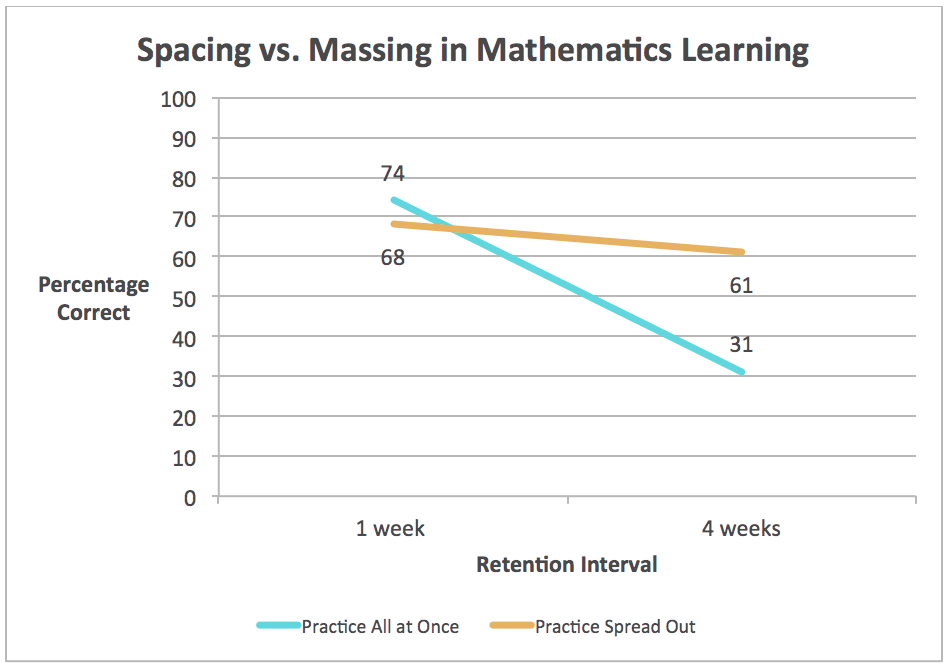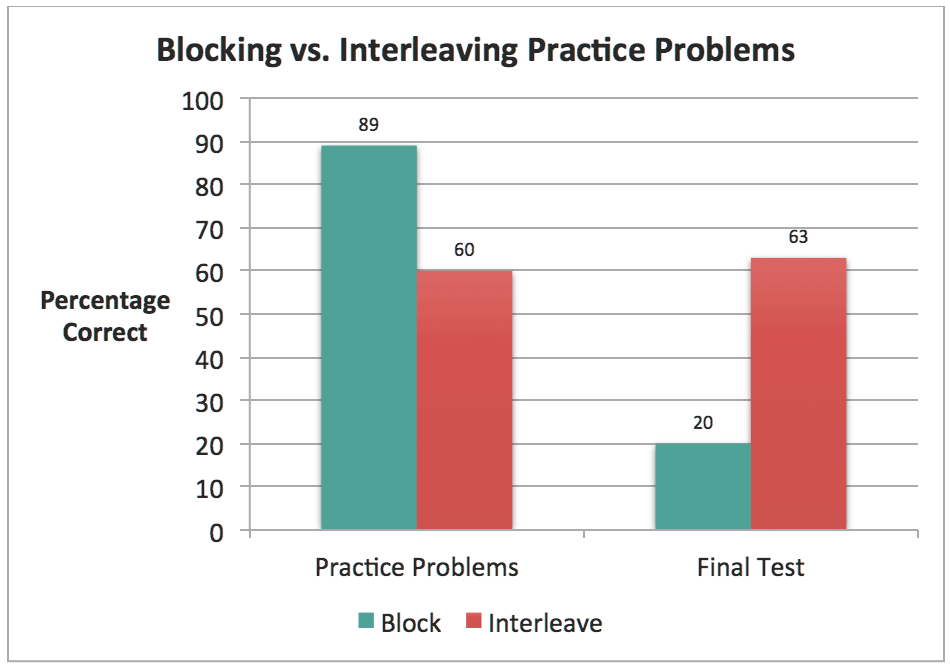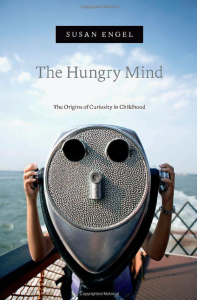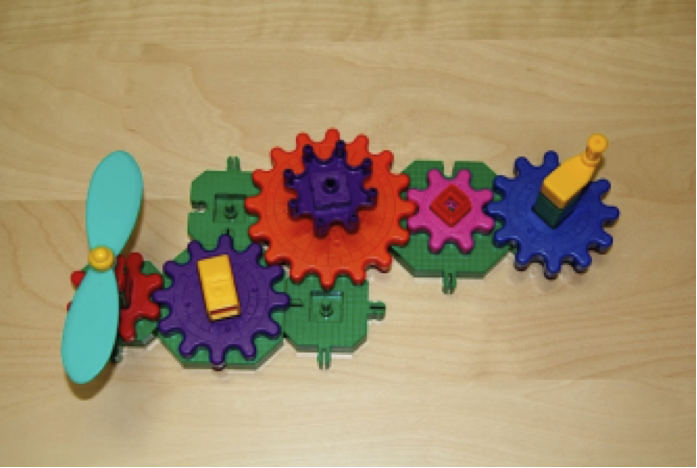It’s an age old debate. Does it matter if your students like you? Ask any teacher, anywhere, and you will most likely get answers split down the middle. In Aaron Podolner’s book, “How Would You Handle It: Hundreds of Answers for Classroom Teachers”, this very question was asked. One teacher responded with the following:
“Do you want your students to like you? The answer is yes, but with a qualifier. It matters why you want your students to like you… If they like you because you genuinely like them and show a real interest in their growth, then they will also respect you and work hard for you. Students do not learn because of teachers, they learn for teachers.”1
While it’s been viewed as mostly a personal choice, research seems to suggest that it is important that students like their teachers. The teacher in Mr. Podolner’s book may have been onto something with her statement that students don’t learn because of teachers, but rather for them. Improving students’ relationships with their teachers have not only academic implications, but social implications as well.
Why it Matters that Your Students Like You: The Research
The brain is a social organ and close relationships, such as a positive student-teacher relationship, encourage learning, in part, because they promote a positive learning environment2. From birth, we learn from our interactions with other people; this includes, family, friends and yes, teachers. Positive teacher-student relationships in the school setting have positive implications not only for students, but for teachers and the school climate as a whole.7
For this reason, students who are in classrooms with teachers that they like and have a close relationship with may learn more. For teachers, teaching students who like you makes their job easier. Teachers who experience close relationships with students report that their students have better attendance, cooperate more, are more engaged and are more self-directed3.
These little things can make a big difference.
In a recent study done in Germany4, kindergartners were shown a picture of different teachers before solving a problem. Students performed faster when they were shown a picture of a teacher they had a close relationship with before solving the problem versus a teacher they didn’t have a relationship with. While this study shows the direct effect of students thinking about teachers that they are close to prior to solving a problem, it also gets at a deeper message.
When students have positive relationships with their teachers, it affects how they view school and how engaged they are. Students who have these kind of relationships have more positive feelings about school, are more engaged, and in turn, are often higher achievers5. Think for a minute about any high achieving student you know. More than likely, this student enjoys school, or at least likes it. Now, think about that students’ relationship with his/her teachers. I’m sure at least one teacher that student has a positive relationship with will come to mind. While positive student teacher relationships can result in more engagement, and higher grades among students, negative relationships can have the opposite effect6.
Positive student-teacher relationships also have the power to positively improve school climate, something that can affect everyone involved in a school. School is, in a very general way, student and staff perception of their school. We can think of it this way: Students who have positive relationships with their teachers tend to be more engaged. Students who are more engaged typically are more likely to succeed. Being successful in school leads to positive educational experiences which in turn, creates a positive perception of school. Of course there are exceptions and limitations to this logic and not all students, teachers, and schools are the same – but the research suggests it’s worth paying attention to. Teachers play a huge role because they can very well shift the climate of their school by building stronger relationships with their students.
What Do Positive Student-Teacher Relationships Look Like? And How Can You Build Them?
Positive student-teacher relationships are characterized by low-conflict, feelings of closeness and support and independence2. Positive student teacher relationships benefit both the students and the teachers. Students feel safe, supported and cared for, while teachers feel competent and important. Here are a few more examples of what positive student teacher relationships look like:
“A high school student chooses to share the news that he recently got a part in a community play with his teacher because he knows that his teacher will show genuine interest in his success.
A fourth grade boy who is struggling in math shows comfort in admitting to his teacher that he needs help with multiplying and dividing fractions even if most of the students in the class have moved beyond this work.
A middle school girl experiences bullying from other students and approaches her social studies teacher to discuss it because she trusts that the teacher will listen and help without making her feel socially inept.”3
While the importance of student teacher relationships seems rather straight forward, building relationships with students isn’t always so easy. In most cases, our students who could benefit from these relationships the most are the hardest students to deal with. Below you’ll find a few tips I’ve found helpful in building relationships with my students.
Note: These tips are rooted in my personal experiences, not peer-reviewed research.
1. Sincerity
When building a relationship with your students it’s important to be sincere. Ask yourself why you want to have a better relationship with the student. If your reason is simply because you have him/her in your class and you don’t want it to be a miserable experience for both of you all year, be honest about that. In my experience, students have an amazing ability to detect when someone is not genuine. Keep in mind that even if you are approaching a student with sincerity, he/she may have his/her defenses up, especially if he/she has not had many positive relationships with adults. Keeping your intentions pure and being honest with the student about why you want to get to know him/her and conveying that you truly care are important first steps.
2. Consistency
This may be the most important factor. In any relationship, consistency is key. Showing your students that you are going to show up and be there for them every day by actually doing it says a lot. Conveying the message that you care over and over again may eventually reach even the most stubborn students.
3. High Expectations
A hard lesson I learned in my early years of teaching is the importance of having and keeping high expectations. If you truly care about your students, you hold them to a high standard because anything less would be a disservice to them. I used to think that taking it easy on my students by accepting excuses when they didn’t do their homework, or turning a blind eye when they occasionally misbehaved, was showing that I cared. I’ve learned that in holding high expectations of my students I’m conveying the message that I believe you are capable of doing something great and so, I’m not going to accept anything less than greatness from you.
Where to Go from Here
While there are great implications for having a positive relationship with your students, the fact of the matter is that it’s not possible to have a great relationship with every student. As teachers, what’s most important is that we hold every student to high expectations and put forth an honest effort to show support and genuine interest in as many of our students as we can. While we may not have amazing relationships with every student, the ones we really take the time to nurture can make all the difference in the world.
References & Further Reading
- Podolner, A. S., Matuch, J. B., Nemeth , M. M., Royston, L. S., …Shah, N. (2014). How We Handle It: Hundreds of Answers from Classroom Teachers. [Book]
- Cozolino, L. (2013). Nine Things Educators Need to Know About the Brain. [Book Excerpt]
- Riff-Kaufman, S. & Sandilos, L. (n.d.). Improving Students’ Relationships with Teachers to Provide Essential Supports for Learning. [Guide]
- Ahnert L,Milatz A, Kappler G, Schneiderwind J, and Fischer R. (2013). The impact of teacher-child relationships on child cognitive performance as explored by a priming paradigm. Dev Psychol. 49(3):554-67. (Paper)
- Van Maele, D., & Van Houtte, M. (2011). The quality of school life: Teacher-student trust relationships and the organizational school context.Social Indicators Research, 100, 85–100. (Paper)
- Pianta, R., Hamre, B., & Allen, J. (2012). Teacher-student relationships and engagement: Conceptualizing, measuring, and improving the capacity of classroom interactions. In S. L. Christenson, A. L. Reschly, & C. Wylie (Eds.),Handbook of research on student engagement (pp. 365–386). New York: Springer. (Book Chapter)
- Larson, A. (2014). How Student-Teacher Relationships Influence School Climate: A Literature Review. (Review)















 How might we encourage more curiosity among young people and particularly among those with lower levels of curiosity? How might we make their minds intellectually hungry? Susan Engel, a senior lecturer in psychology and the director of the program in teaching at Williams College, tackles these questions in her new book, The Hungry Mind: The Origins of Curiosity in Childhood. She reports that curiosity, the urge to understand that which is uncertain or unexpected and the mother of intellectual achievement and learning, wanes over childhood and can be squelched in school even when teachers report a commitment to fostering curiosity. She outlines curiosity’s development across childhood and shares techniques that parents, teachers, and students can use to foster curiosity. Her personal stories of life as a curious person make this informative book also engaging and relatable to a wide audience.
How might we encourage more curiosity among young people and particularly among those with lower levels of curiosity? How might we make their minds intellectually hungry? Susan Engel, a senior lecturer in psychology and the director of the program in teaching at Williams College, tackles these questions in her new book, The Hungry Mind: The Origins of Curiosity in Childhood. She reports that curiosity, the urge to understand that which is uncertain or unexpected and the mother of intellectual achievement and learning, wanes over childhood and can be squelched in school even when teachers report a commitment to fostering curiosity. She outlines curiosity’s development across childhood and shares techniques that parents, teachers, and students can use to foster curiosity. Her personal stories of life as a curious person make this informative book also engaging and relatable to a wide audience.





